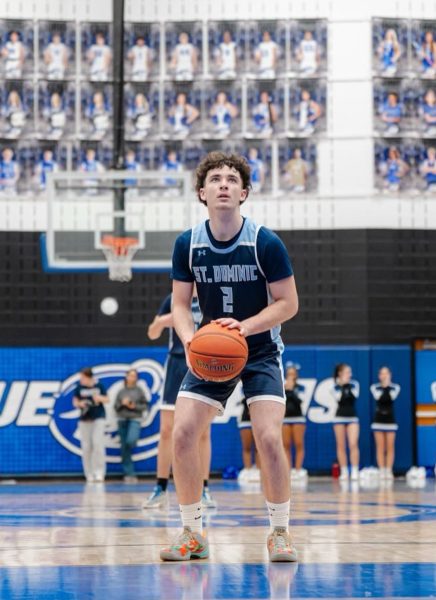College Football and Covid: There’s Still Hope

College football season is still in for this year in most states, despite the pandemic
The COVID-19 pandemic has swept the globe, shutting down schools, businesses and restaurants. It now could potentially cancel or postpone the college football season, which thousands of fans look forward to every year. Fall ball could look different, especially with COVID specific changes to the season.
One of the biggest solutions for maintaining the health of the players and the risk of others is to put a delay to the season. The Big Ten and Pac 12, which are part of football’s Power Five Conferences, announced a delay in not only their college football program, but also all other fall sports which will conclude next spring.
On the other hand, the Southeastern, Atlantic Coast and Big-12 conferences had a different view on what to do with their chaotic season. Though having the same information as all the other conferences, they are determined to keep the fans happy and are working hard to make the season happen.
The first major program to completely cancel their fall season, the University of Connecticut, announced there will be no participation whatsoever during the 2020 season. However, statistics studied by athletic directors and university presidents suggest that the odds of a college football player dying from COVID-19 still have a very slight risk, but still extremely low.
While this statement might brighten the mood of fans and players, it is still important to know that safety still has to be the main priority considering some long- term effects of COVID-19 are still unknown.
“This is a respiratory virus, so it’s going to be spread by shedding [the] virus. I would think that if there is an infected football player on the field – a middle linebacker, a tackle, whoever it is it – as soon as they hit the next guy, the chances are that they will be shedding virus all over that person,” the US’s top infectious disease expert, Dr. Anthony Fauci, said
An average number of about 66 NFL players opted out of the end of the season because of the risk, as well as nearly two thirds of college players from minority communities who caught the virus.
College football has been monitoring the developments as closely as possible. Since it’s the one outlet for players who dream to make it professionally as a star player, everyone is hoping to push forward with the season as well as looking at safety as the main priority. College football is determined to keep the fans happy and let the players show their talent!

Ava Kannady is a senior at Saint Dominic High School. I am part of the Varsity Cheer and Swim team. I enjoy many things like coffee, music, and hanging...







